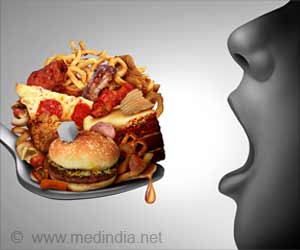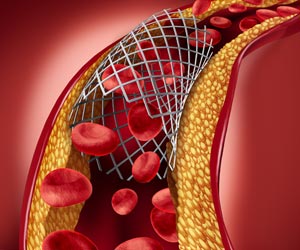Dr Seymour Reichlin, at 100, continues to inspire groundbreaking research in neuroendocrinology, exploring hormone therapies for mental health and aging.

Brain Medicine (Genomic Press, New York) announces a special Festschrift issue for early 2025 to honor Dr Seymour Reichlin’s contribution to research and discovery in neuroendocrinology.
Dr Seymour Reichlin’s Legacy in Neuroendocrinology
The issue features a compelling guest editorial by Dr. Joseph B. Martin, former Dean of Harvard Medical School and before that Dean of Medicine and Chancellor of the University of California, San Francisco (UCSF), who provides unique insights into Dr. Reichlin’s enduring influence on neuroendocrinology and academic medicine. “Each time we meet, I come away with insights that amaze me,” writes Dr. Martin, describing their recent discussions about novel hormone therapy applications in cognitive enhancement with potential relevance to Alzheimer’s Disease.
Dr. Reichlin’s impact spans foundational discoveries of the 1960s to current research into hormone therapies for conditions like Down syndrome. His work helped establish neuroendocrinology as a distinct field, bridging neuroscience, endocrinology, and clinical medicine. What drives his continuing influence? The answer may lie in what Dr. Martin calls his mentor’s “polymath” approach – an ability to connect seemingly unrelated fields into groundbreaking insights.
The opportunity to work with him was one of the great experiences of my life,” Dr. Martin reflects. Their 58-year mentor-mentee relationship yielded numerous breakthrough discoveries, including:
- Mapping brain thyroid-stimulating hormone pathways
- Revealing growth hormone’s pulsatile secretion patterns
- Establishing leading neuroendocrine treatment centers
- Publishing the definitive textbook “Clinical Neuroendocrinology
Hormones, Mental Health, and Aging
Perhaps most intriguing is Dr. Reichlin’s current work on what might be termed “emotional homeostasis,” exploring connections between hormones, cognition, and psychological well-being. This research raises fascinating questions about neuroendocrine regulation’s role in mental health and healthy aging. Could hormone therapies offer new approaches to cognitive enhancement? How might understanding emotional homeostasis impact the treatment of age-related cognitive decline?
Their ongoing collaboration, most recently photographed during Dr. Reichlin’s 100th birthday celebration, exemplifies the lasting impact of scientific mentorship. How does such a relationship evolve from mentorship to collaboration to friendship while maintaining scientific productivity? Dr. Martin’s editorial offers valuable insights for today’s scientific community.
Source-Eurekalert



